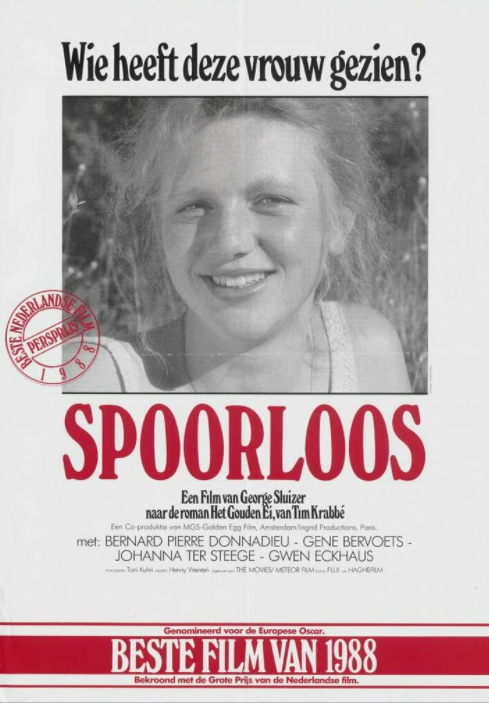Story (aired on June 3, 2012/written by Andre and Maria Jacquemetton; directed by Christopher Manley): "You've had a good day that turned into a bad day," Rebecca Pryce observes sympathetically of her drunken husband. He called in the morning to announce he'd been invited to join the fiscal control committee of the American Association of Advertising Agencies, but came home in the evening utterly miserable. Tragically, she has no idea just how bad Lane's day has been and how much worse it will become. When Bert comes across the bonus check that Don supposedly signed, everything changes in an instant. After a few pathetically inadequate protestations, Lane is forced to come clean and Don tells him that Bert knows nothing and that he won't tell anyone else (although Megan eventually finds out) - but Lane has to go. Take the weekend to get everything in order, find an excuse to resign, and start over. Don's been there himself, he assures Lane, and this is the worst part but it will get better. With trust destroyed, there is simply no other option. Lane's wife, meanwhile, has bought him a Jaguar with the money that they didn't have before and really don't have now, and Lane tries to use the car to kill himself in their building's garage, but he can't even get it to start. So he retreats to the office and types something up. There we leave him, for the time being, ominously.
Usually, an episode has at least half-dozen little threads running through it, but "Commissions and Fees" really has just three (aside from one- or two-line acknowledgements of major and minor business like the Jaguar deal, Joan's trade, and Megan's disappointing auditions). The most important is Lane's collapse, but the other two throughlines may be momentous in their own quiet ways. Don is frustrated with the "penny-ante" work that he's forced to scrounge up while other agencies harpoon the big whales (even Jaguar isn't good enough - "I want Chevy!" Don declares, though he probably means that he wants an account that doesn't procure one night stands with co-workers as collateral). He demands that Roger schedule a meeting with Ed Baxter of Dow Chemical, Ken's supposedly off-limits father-in-law and the board member of the American Cancer Society who broke Don's dreams at the award dinner. Ed agrees as a matter of professional formality or a testament to Roger's diplomatic skills but all parties know no real deal is on the table. Nonetheless, or perhaps consequently, Don attacks like a shark, angrily ripping apart Dow's staid complacency with 50% market share: no cute taglines or concept art are on offer, just a promise delivered more like a threat - if his agency is allowed to poach them, the institution will never have to rest on its laurels and can hungrily consume the competition. Implicit is the idea that resting on one's laurels is contemptible and that the Don Drapers of the world, who have to fight tooth and nail for every inch of territory, are more real and more worthy of respect than the stuffy establishmentarians who drop napalm from their distinguished boardroom armchairs.
Sally, meanwhile, skips out on a ski trip with her despised mother to hang out with cool stepmom/big sis-in-the-city Megan, who chats about boys and sex within earshot. The adolescent girl decides to call up Glen Bishop and encourage him to find his way to New York (she can't get to school and Megan and Don are both busy on this Monday); maybe she'll even be able to figure out if they're really boyfriend/girlfriend or just platonic buddies. A trip to the Museum of Natural History both muddies and clarifies - neither party is willing to declare romantic interest but that very reluctance implies complications. (Glen even admits, ashamed, that he told the bullies at school he was traveling to Manhattan to "do it" with his girlfriend but goes on to say he thinks of Sally like his little sister, except smart.) Feeling unwell, Sally visits the bathroom and the sight of her first period sends her hurtling home without any word to Glen, Megan, or Don. Holding her distressed daughter close, Betty feels that finally she's found something to be good at. Glen awkwardly returns to the Draper apartment to gather his bag, with first Megan and then Don looking after him. In the episode's bemusing final image, Don even lets Glen drive the car back to his school (with Don cautiously watching and occasionally touching the steering wheel from the passenger side) in an attempt to alleviate the boy's glum disillusionment.
Don, as it turns out, is having a bad day too - so is the whole office. Earlier, Joan tries to push in Lane's door, smells something awful, retreats to the neighboring office, and breaks down in sobs as Pete, Harry, and Ken discover what she dreaded. The workplace is vacated (for an unexplained "emergency") and when Don and Roger return from Dow, they find the other partners solemnly awaiting the coroner. Only when a deeply upset Don insists that they can't leave Lane that way do we finally see what has only been alluded to: Lane's body, long dead, hanging from above his private door.
My Response:
My Response:















